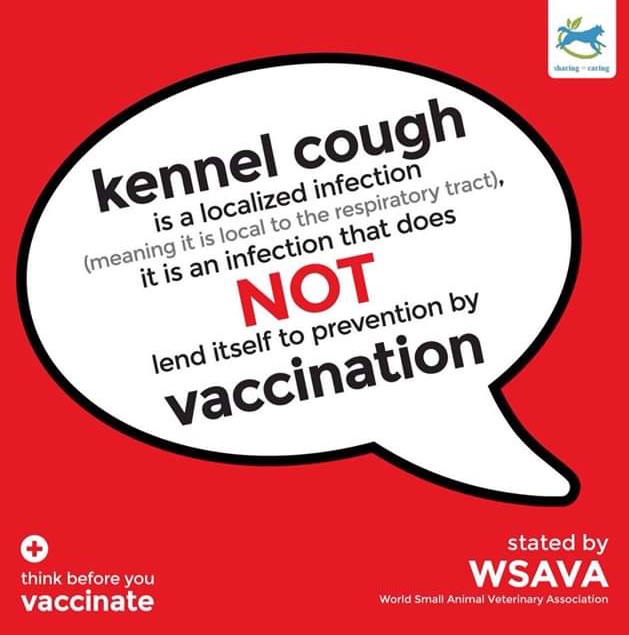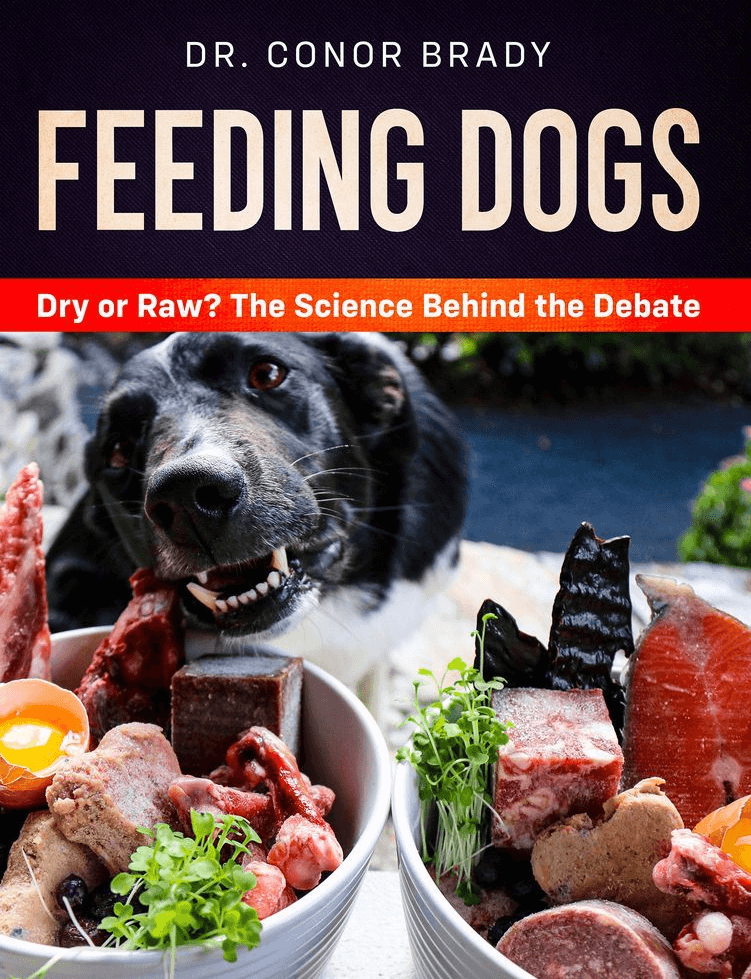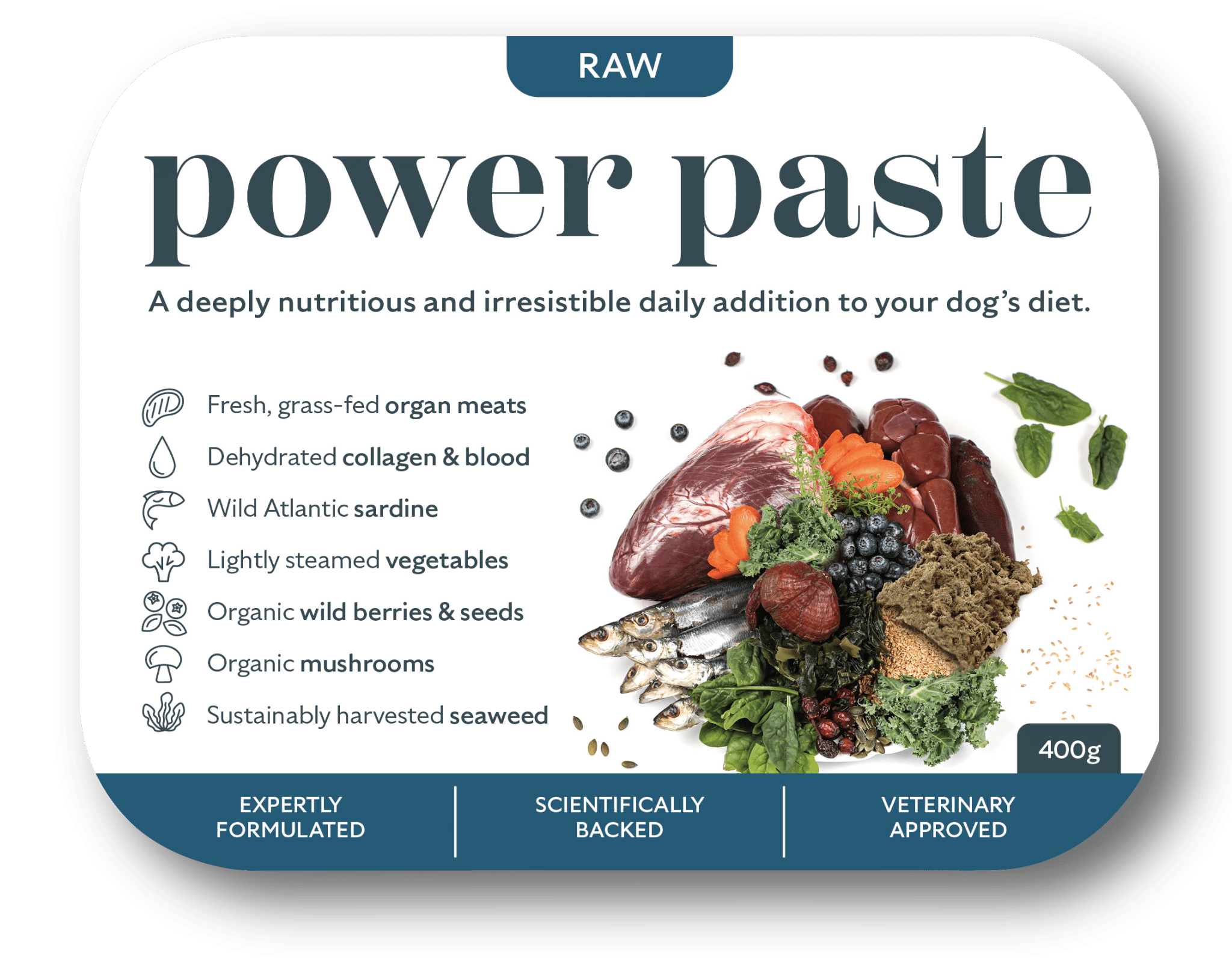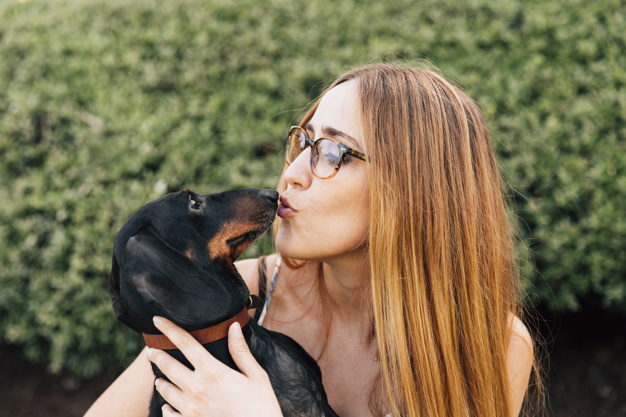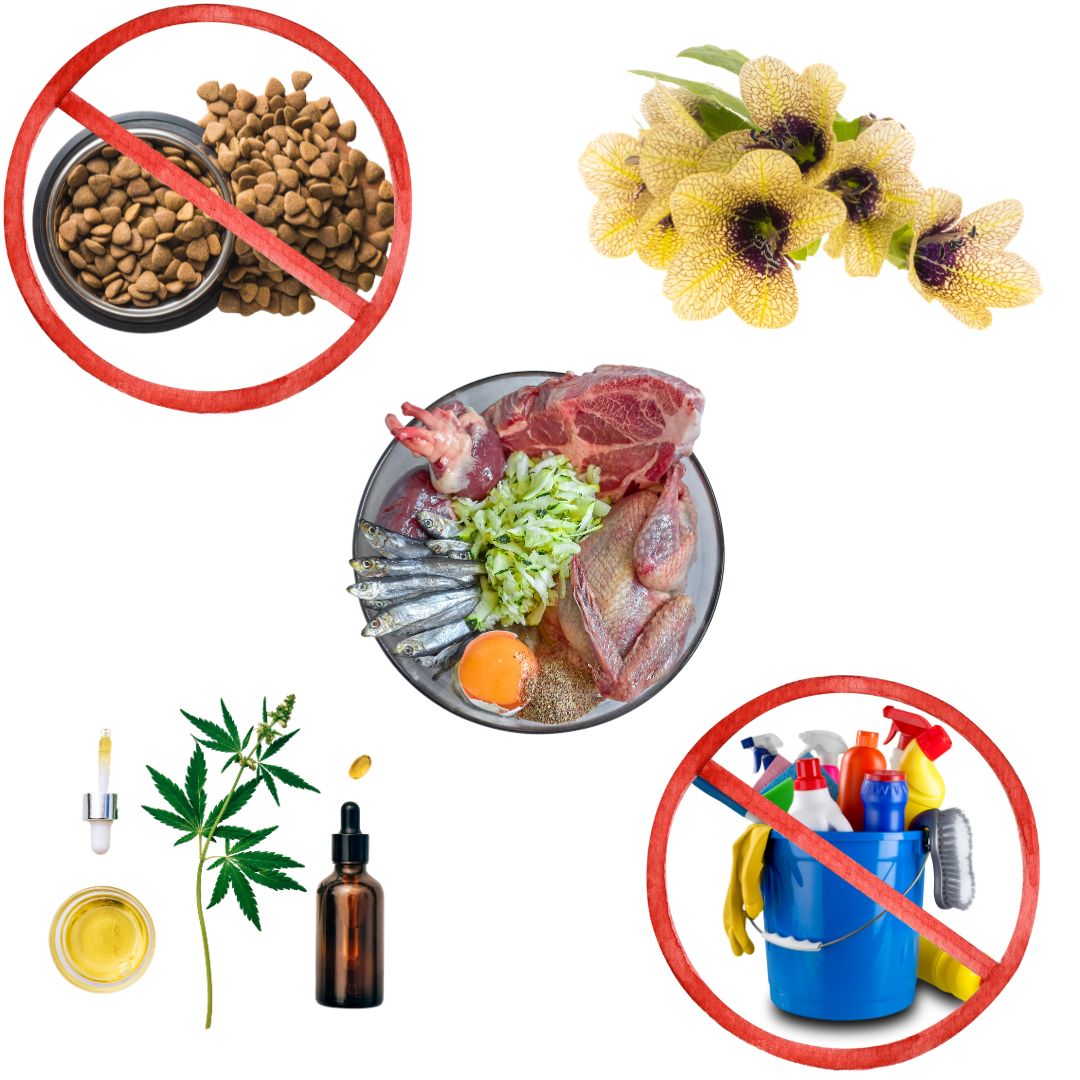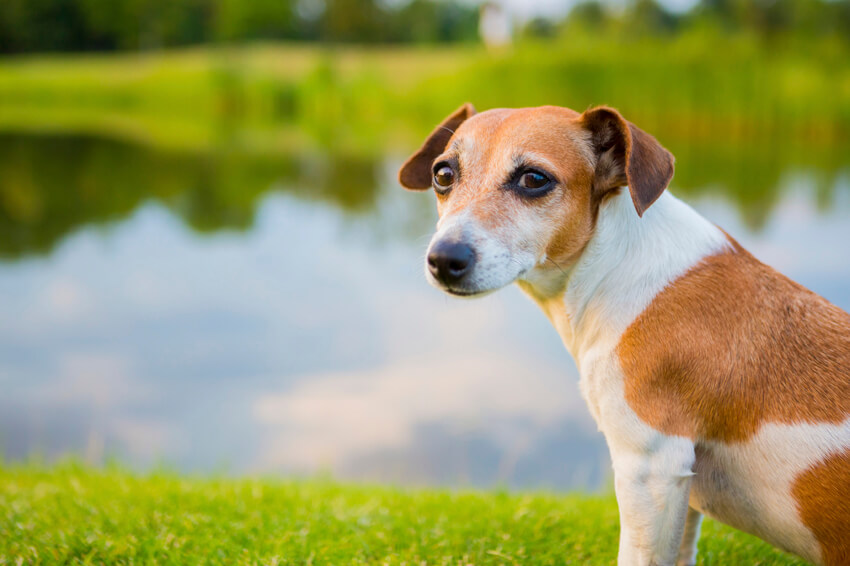“But my dog doesn’t go into kennels?”
This question is heard over and over again by vets when they mention the Kennel Cough vaccine. Owners are correct to pose this question and on a larger scale, query the whole concept of this vaccine.
You see, the kennel cough vaccine has nothing to do with kennels, and we’d argue that it has nothing to do with preventing the cough either. Even the WSAVA Vaccination Guidelines Group states, “kennel cough is a localised infection, meaning it is local to the respiratory tract. It is an infection that does not lend itself to prevention by vaccination.”
So if the group convened to develop guidelines for the vaccination of cats and dogs doesn’t think kennel cough lends itself to vaccination, why on earth are we told to do it?
That’s a very good question and one we want to answer. Let’s talk about kennel cough, what it is, what it isn’t, the lowdown on the vaccine and more.
Canident will remove tartar from your dog’s teeth in 5-8 weeks or your money back!
Understanding Kennel Cough
Kennel cough is a broad term covering any infectious or contagious condition in dogs where coughing is one of the main symptoms. You’ll know the cough; it’s a dry hacking cough, and if we didn’t have to be so politically correct, we could probably argue it sounded like a smoker’s cough.
This vagueness is intentional because several viruses and bacteria can actually cause kennel cough.
They include (but are not limited to):
- Adenovirus type-2 (distinct from the adenovirus type 1 that causes infectious hepatitis)
- Parainfluenza virus
- Bordetella bronchiseptica
Let’s take a look at these in a little more detail.
Canine Adenovirus Type 2 (CAV-2) Infection.
CAV-2 infection is a common but transient contagious disease of the respiratory tract of dogs. It tends to cause mild fever, nasal discharge and coughing.
This virus is usually inhaled, and then it replicates in the cells of the upper respiratory tract, mucous cells of the trachea and bronchi and bronchiolar epithelial cells. Infection with CAV-2 is generally deemed mild unless complicated with a secondary bacterial infection or co-infections with other viruses like distemper virus.
Canine parainfluenza virus (CPIV)
This virus is a highly contagious virus that causes respiratory disease in dogs. Dogs with CPIV may exhibit no clinical signs or mild clinical signs of a dry, harsh cough for around 7 days, with or without fever and nasal discharge. These signs are generally more severe in those dogs with viral or bacterial co-infections.
CPIV is thought to suppress the innate branch of the immune system, making the dog more favourable for co-infections. This is why it is of concern for immunocompromised dogs, along with puppies or the senior dog.
CPIV survives on nonporous surfaces for 4 to 12 days, but many disinfectants are effective on this virus.
Bordetella bronchiseptica
B bronchiseptica is a bacteria often found in dogs with concurrent viral respiratory infections.
After B bronchiseptica colonises the airways, it can seemingly evade the immune system. In turn it can damage cells in the respiratory system and disrupt immune clearance. In cases of infection, some dogs suffer mild symptoms including nasal discharge and intermittent coughing, whereas others develop pneumonia.
Canine Infectious Respiratory Disease Complex (CIRD)
The coinfection of those previous pathogens, among others, manifests as what’s known as CIRD and they act synergistically to cause respiratory disease.
None of these infections are a walk in the park but for many dogs, they are self-limiting. This means that they soon recover with just a little TLC. Other dogs can become more poorly – oftentimes, this includes puppies, seniors and those who are immunocompromised.
It’s also important to note that your dog doesn’t have to be in kennels to catch kennel cough; they just have to have been around other dogs or been where other dogs are. We can liken it to us humans catching the common cold. If we are around people, we risk catching whatever they are carrying. But what do we do when the cold and flu season hits? We ramp up our immune-supporting practices, and this is by far the single best thing you can do to help your dog fight kennel cough, whether you decide to vaccinate or not.
But before you decide, let’s look at the vaccine in more detail.
Biofunction8 – soothing and healing for those troubled tummies
The Kennel Cough Vaccine
When we mention kennel cough (KC) vaccines, we reference those found in the UK and Ireland. They may vary the world over.
Most vaccines currently include live strains of Bordetella bronchiseptica bacteria and canine parainfluenza virus. After exposure to the vaccine, the body can mount a response to the strains, so it knows exactly what to do when it meets them in the real world.
But hang on, yes, you read that correctly, they are live strains. The vaccine introduces live strains of the bacteria and virus to your dog.
Can my vaccinated dog spread kennel cough?
The short answer to this is, yes.
This is why the datasheets state:
“Vaccinated animals can spread the B. bronchiseptica vaccine strain for six weeks and the canine parainfluenza vaccine strain for a few days after vaccination.”
So your vaccinated dog can spread kennel cough for several days up to a few weeks.
Now think about kennels or doggy daycare that insist on the vaccine. Fido has just popped off for his yearly booster of kennel cough and is straight back in daycare the following day.
He’s shedding, but surely that’s fine; all the other dogs are vaccinated, aren’t they, so we’re all groovy?
Well, not entirely.
A placebo-controlled field trial was conducted in 2004 and concluded that bordetella and CPIV vaccines were 20.7 and 24.4% effective, respectively, in reducing coughing compared with a placebo vaccine.
Additional data suggests that 40-60% of dogs who suffer from kennel cough have previously been vaccinated.
Perhaps these low numbers reflect the actual composition of the vaccine. The kennel cough vaccines are a mix of viruses and bacteria, but as we’ve learned with our recent pandemic, new variants emerge.
The vaccines simply cannot cover all strains with their new emerging variants. This is why a dog may suffer multiple infections throughout their life.
Much like us humans with our common cold. Let’s just remind ourselves of the year 2015 when the efficacy rate of the flu vaccine was 8%.
So not only is the vaccine’s efficacy questionable, we must also consider the risk of vaccinating in the first place.
Manufacturers of the vaccines state the following adverse reactions:
“Mild discharges from the eyes and nose have been observed very commonly from the day after vaccination, sometimes accompanied by wheezing, sneezing and/or coughing, particularly in very young susceptible puppies. Signs are generally transient but in occasional cases, may persist for up to four weeks. In animals which show more severe signs, appropriate antibiotic treatment may be indicated.
Lethargy and vomiting may occur after vaccination.
Hypersensitivity reactions may occur. Such reactions may evolve into a more severe condition (anaphylaxis), which may be life-threatening. If such reactions occur, appropriate treatment is recommended.
Clinical signs of immune-mediated haemolytic anaemia, immune-mediated thrombocytopenia or immune-mediated polyarthritis have been reported.”
To put these benefits and risks into context. It is believed that respiratory disease affects 1% of dogs globally. In addition, a client-based study covering 5,663 dogs between 2005 and 2014 found no mortality due to respiratory disease.
People will, of course, argue that it’s the kennel cough vaccine that has prevented high numbers of infections or, in fact, mortality, but without knowing how many dogs were or are vaccinated; it is impossible to clarify this point.
Given the lack of clarity on the vaccine’s effectiveness, the generally low prevalence of respiratory disease and the known risks of the vaccine, it makes sense to consider some alternatives.
Does your dog suffer from recurring skin, ear and gut conditions? Watch the Canine Allergy Course today!
Making an informed decision:
Should you vaccinate your dog against kennel cough? The decision is ultimately yours, but when making that decision, we would ask the following questions:
- Is the vaccine safe?
- Do benefits outweigh risks or vice versa?
- Is the vaccine effective?
- Is your dog at risk of catching kennel cough?
- Is your dog healthy?
This is twofold. A kennel cough infection is usually self-limiting in a healthy dog. So, is there a need for the vaccine? However, manufacturer guidelines for the vaccine also state that only healthy dogs should be vaccinated.
Puppies and senior dogs may be at a greater risk of complications with kennel cough infection, so it’s important to discuss kennel cough vaccination with your holistic vet before deciding.
It’s also important to note that many kennels, daycares and alike insist on their customers having the kennel cough vaccine. Due to the sheer number of bacteria and/or viruses that can cause kennel cough, titre testing is useless. If you must use kennels or daycare, this may also inform your decision.
StoolRite for anal gland issues in dogs
Conclusion
Kennel cough is a respiratory infection that any dog can catch. Not just those in kennels but those around other dogs or have been where other dogs are.
It’s not a walk in the park, but for most dogs, the kennel cough infection is self-limiting. This means with rest and supportive treatment, most dogs will recover just fine.
The best way to prevent kennel cough is to support your dog’s immune health with rest, play, exercise and a wholesome fresh diet. In addition, if your dog succumbs to kennel cough, there are many tried and tested natural remedies that can support recovery.
Puppies and senior dogs may be at greater risk, so it’s important to discuss any concerns you may have with your holistic vet. Should you vaccinate against it?
The decision is ultimately yours when you have gathered enough information to make a call.
Ask questions of your vet and remember the official guidance offered by WSAVA –
“Kennel cough…is an infection that does not lend itself to prevention by vaccination.”
If you aren’t sure your dog’s immune health is up to par to fight an infection, including kennel cough, book a consultation with Dr Conor. He’ll take a systems approach and identify anywhere that may need a little extra attention.

